Read on to find out why we believe Safari tourism is a threat to African wildlife.
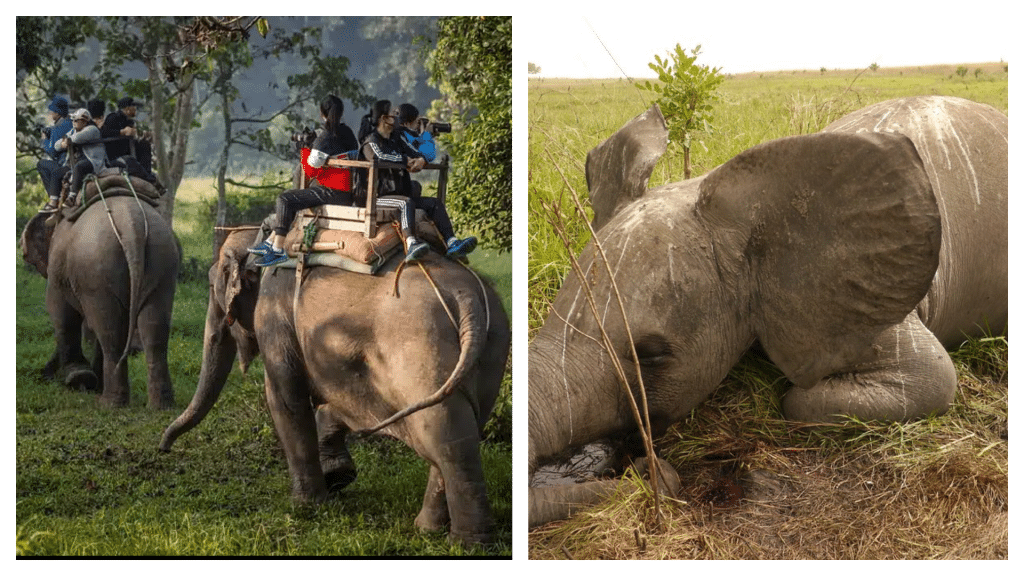
Safari Tourism in Africa is a trendy vacation that wildlife can’t avoid. It involves travellers going on expeditions to observe animals in their natural habitat. Africa is revered for its outstanding and breathtaking landscapes, magnificent wildlife, and climatic encounters.
The impact of safari tourism on the region’s ecological balance and biodiversity is profound, with implications that extend beyond the safari experience itself.
African wildlife has been a source of fascination and wonder, attracting tourists worldwide to witness these majestic beasts in their natural habitat.
However, beneath the allure of these experiences lies a pressing issue that threatens the very existence of African wildlife, and in this article, we will be looking at some of those issues.
5. Habitat fragmentation – conversion of land for tourist lodges
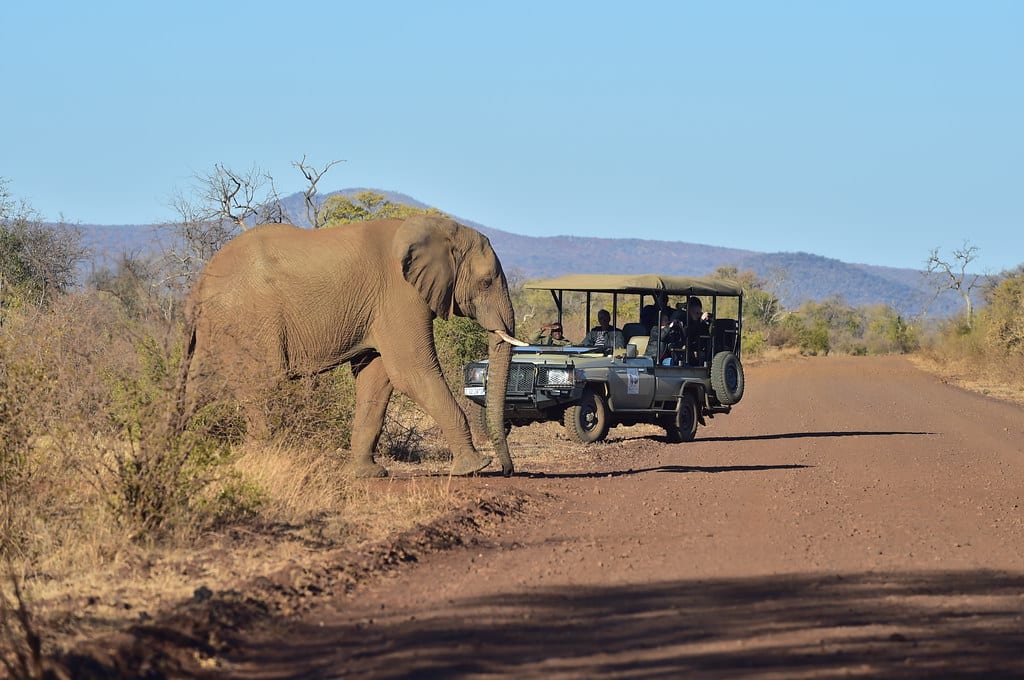
Safari tourism often requires the development of lodges, roads, and airstrips to accommodate tourists. These conversions affect the wildlife’s habitat and put them in danger of being poached when they have to leave their once-sanctuary.
As a result, species face increased competition for limited space and resources, leading to increased stress levels, decreased reproduction, and population decline.
We can adopt sustainable tourism practices that prioritize the long-term health of the ecosystem. This includes minimizing habitat fragmentation and promoting responsible tourism initiatives.
4. Wildlife migration – disturbance and stress
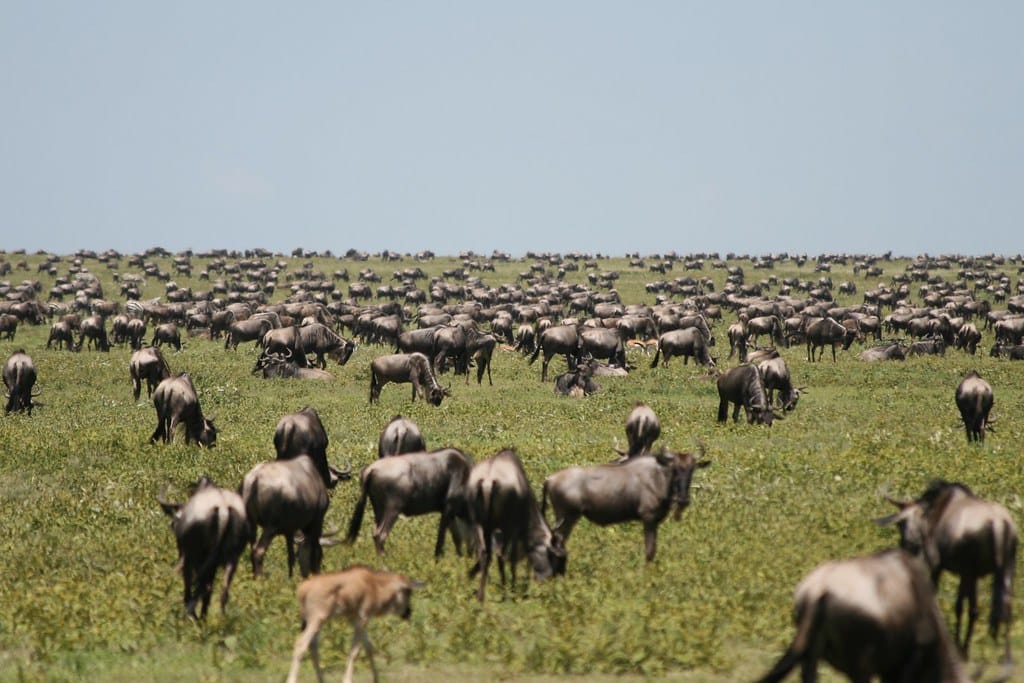
The constant influx of safari vehicles and tourists into the wildlife causes significant disturbance to the animals, making them feel like they are stuck in a never-ending traffic jam.
Constant noise, the presence of vehicles, and intrusive tourist behaviours disrupt the animals’ natural behaviours, such as feeding, mating, nurturing offspring, and migration.
3. Human-wildlife conflict – encounters between tourists and wildlife
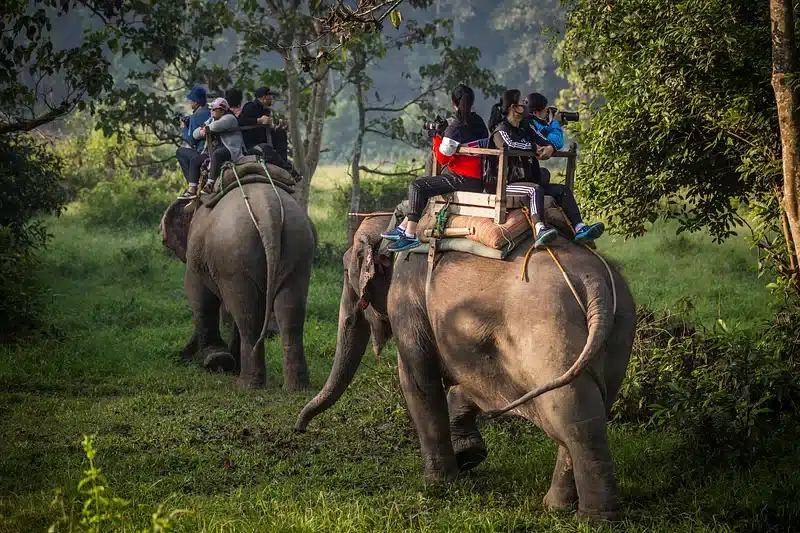
As safari tourism grows in popularity, the interactions between tourists and wildlife have become more frequent in the past few years, which should be avoided.
While these encounters can be thrilling, they also pose a great threat to tourists and animals alike. Close proximity can stress the animals, alter their natural behaviours, and lead to potential conflicts.
Additionally, safari lodges often encroach upon local migration routes and grazing areas of the community livestock, leading to retaliatory killing of wildlife by frustrated farmers and herders.
2. Climate change – carbon footprints of safari tourism
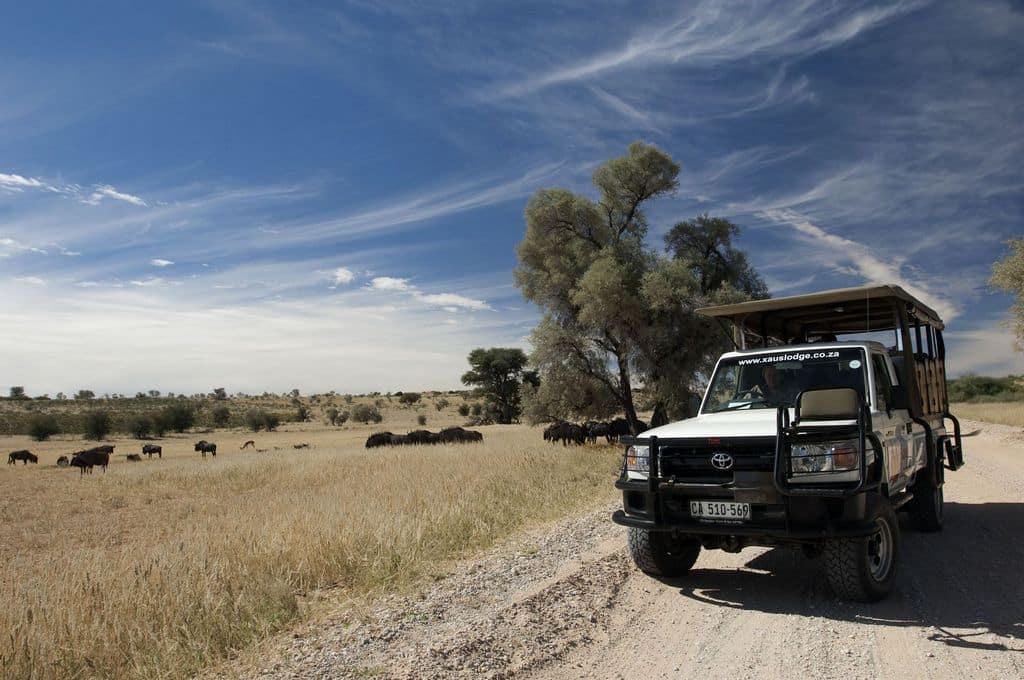
The carbon footprint of safari tourism, including transportation, accommodation, and recreational activities, exacerbates climate change and environmental degradation.
The increase in carbon emissions from vehicles, lodges, and planes contributes significantly to habitat loss, disrupted ecosystems, and altered weather patterns.
Increased carbon emissions contribute to environmental degradation in this area, leading to habitat loss, destroyed ecosystems, and altered animal behaviours.
Additionally, these tourist facilities’ demand for water and energy strains local resources, leading to water scarcity and habitat degradation in fragile areas.
1. Poaching – rare and endangered species
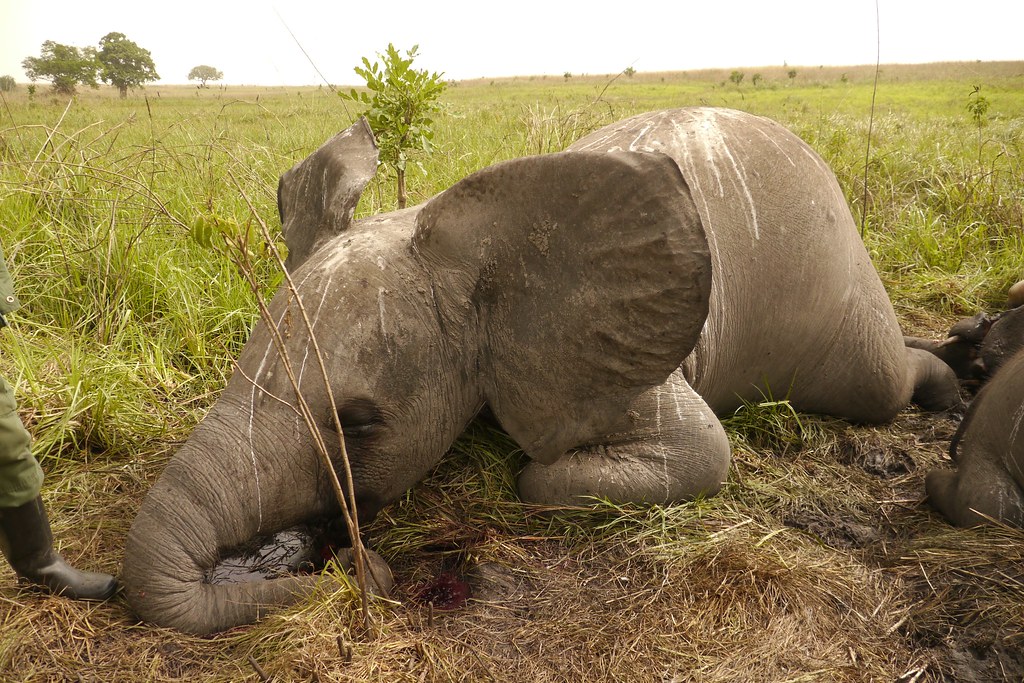
Poaching is the illegal hunting of wildlife, and this has seen a troubling rise in recent years due to the demand for wildlife experiences, and this includes encounters with rare and endangered species.
The demand for wildlife experiences gives room for poachers to explore. Animals like elephants, rhinos, leopards, and monkeys suffer from it.
The allure of rare and exotic animals to meet the demands of the wildlife trade has led to a surge in poaching incidents, putting many species at risk of extinction.
Poachers capitalize on the demand of wildlife tourism by targeting charismatic animals for illegal trade in wildlife products such as ivory, rhino horn, leopard paws, and other exotic pets.
The presence of genuine tourists provides a cover for poachers as they exploit the chaos and distraction of the influx of visitors to carry out their illegal activities.
We must recognize the impact of safari tourism on African wildlife and take action to protect these beautiful animals. We can raise awareness about their threats and advocate for responsible tourism.
While safari tourism has the potential to generate revenue for conservation and support the local economy, left unchecked, it poses a significant threat to the African wildlife and ecosystem.
It is important for tourists to identify their impact on the African safari and understand that preserving natural habitats is more important than the allure and excitement it brings.

